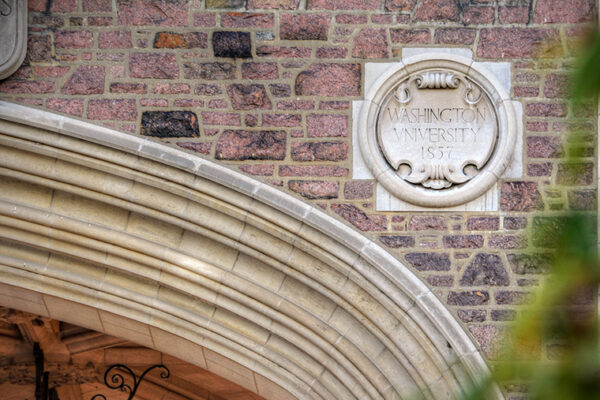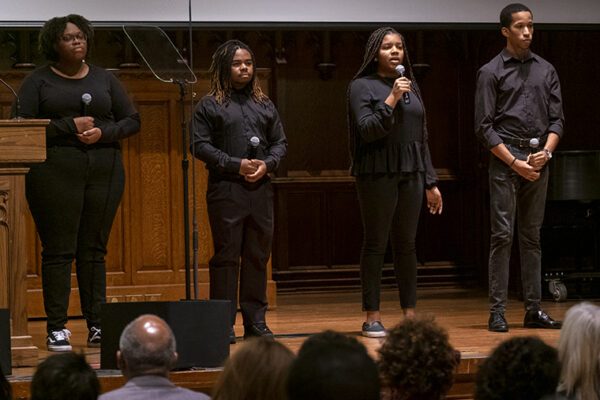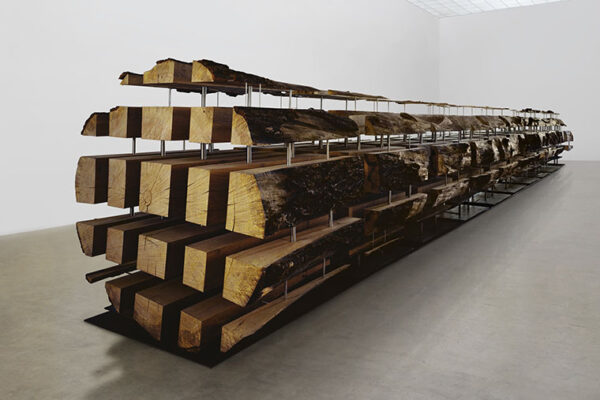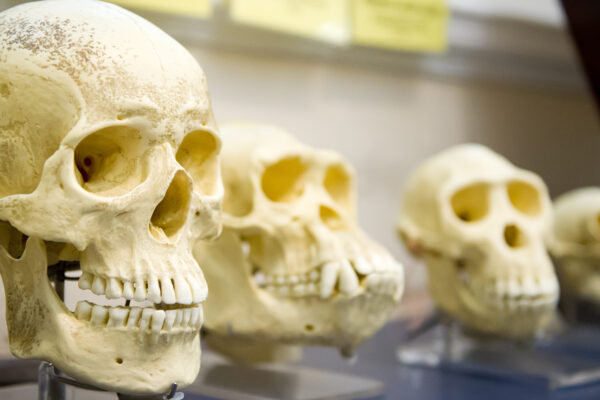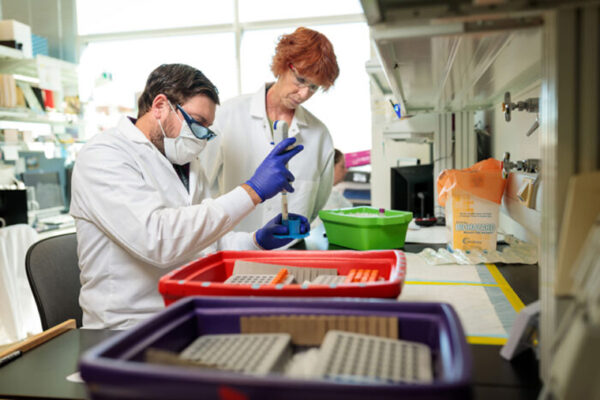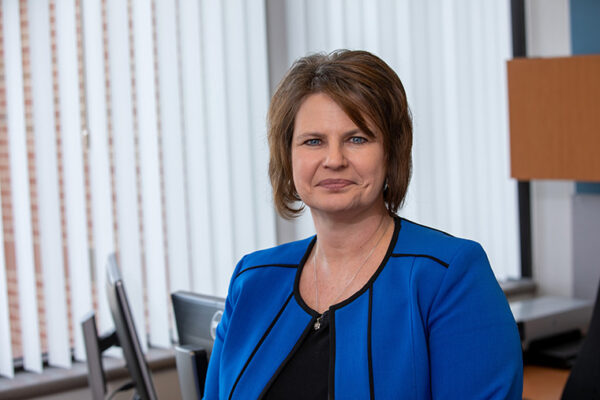A ‘choose your own’ entrepreneurial adventure
A new fellowship for Washington University undergraduates further deepens the university’s commitment to educating and preparing the next generation of entrepreneurs. The program, offered by the Skandalaris Center for Interdisciplinary Innovation and Entrepreneurship, will directly connect students to, and immerse them in, the St. Louis startup scene.
Board of Trustees grants faculty appointments, promotions
At the Washington University in St. Louis Board of Trustees meeting Dec. 6, several faculty members were appointed or promoted with tenure, with most becoming effective Jan. 1.
WashU Expert: ‘Every application has its vulnerabilities’
Joe Scherrer, director of the Cybersecurity Strategic Initiative at Washington University and a former cybersecurity innovator with the U.S. Air Force, says the cyberattack on Jeff Bezos is nothing unusual, and these kinds of attacks are becoming more common. But there are things you can do to stay safe.
Black Anthology brings Afrofuturism to Edison stage
“Masquerade,” Black Anthology’s 31st annual production, will question past and present ideas of utopia through the lens of Afrofuturism — a genre that fuses black culture with science fiction to create a universe where black identity is both central and celebrated. Black Anthology will be staged at 7 p.m. Friday, Jan. 31, and Saturday, Feb. 1, in Edison Theatre.
Keeping lead out of drinking water when switching disinfectants
Researchers at the McKelvey School of Engineering at Washington University in St. Louis found that the hazards of switching disinfectants in water systems — increased lead levels — can be mitigated if the change is done correctly.
Sam Fox School launches spring lecture series
Artist Michael Joo, architect Lola Sheppard and designer Rob Giampietro are among the international array of cutting-edge visual thinkers who will visit St. Louis as part of the Sam Fox School of Design & Visual Arts’ spring Public Lecture Series. In all, the series, which begins Feb. 3, will feature 16 presentations by renowned artists, architects, curators and designers.
Looking toward Day of Dialogue & Action: A Q&A with keynote speaker Aisha Sultan
The process of truly connecting with others — no matter their differences — can be challenging, even difficult at times. Columnist and filmmaker Aisha Sultan will explore the theme of embracing others during her upcoming keynote for the university’s annual Day of Dialogue & Action on Feb. 18.
Green in tooth and claw
Hard plant foods like seeds and nuts may have made up a larger part of early human ancestors’ diet than currently presumed, according to a new experimental study of modern tooth enamel from anthropologists in Arts & Sciences.
$29 million for new phase of international Alzheimer’s study
School of Medicine researchers have received $29 million from the National Institute on Aging of the National Institutes of Health to continue a long-running, international Alzheimer’s study aimed at understanding how the disease develops and progresses.
Leahy named associate vice chancellor for finance and controller
Angie L. Leahy, assistant director of tax at Washington University in St. Louis, has been named associate vice chancellor for finance and controller, announced Amy B. Kweskin, vice chancellor for finance and chief financial officer. Leahy’s appointment took effect Jan. 1.
View More Stories

